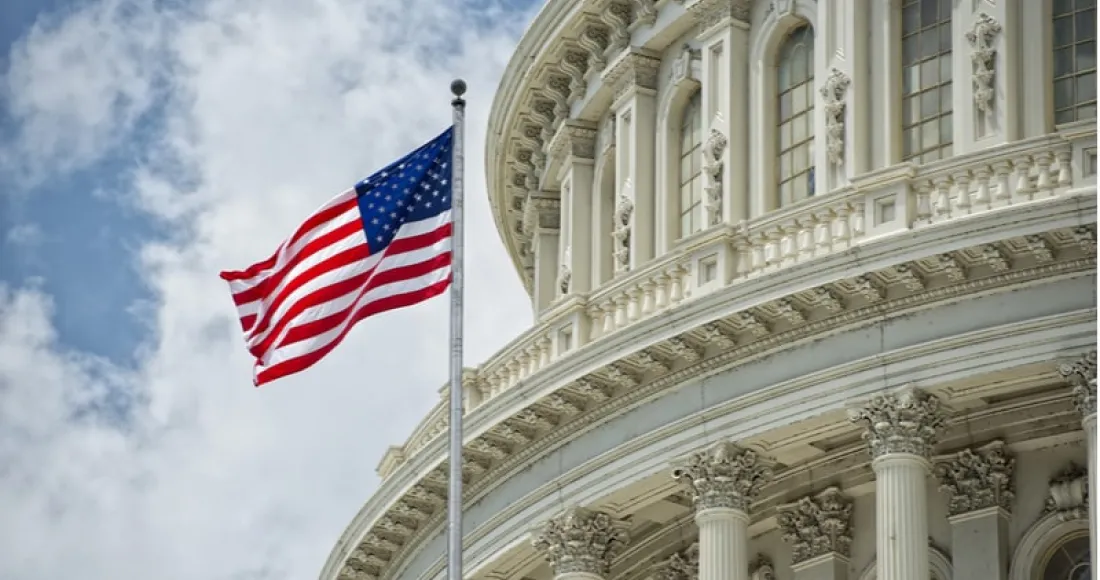
(This blog was written by whistleblower attorney Juan Martinez.)
The uncertainty of the U.S. Department of Justice’s (DOJ) ability to unilaterally dismiss False Claims Act cases filed by whistleblowers will continue for the foreseeable future. On April 6, 2020, the U.S. Supreme Court denied a petition for certiorari in an FCA case, successfully dismissed by the DOJ, that accused JPMorgan Chase Bank NA of allegedly improper and illegal lending practices.
Since the release of the Granston memo in January 2018, the DOJ has moved to end dozens of whistleblower FCA cases, often with the stated goal of preserving government resources or preventing the progress of cases that the government doesn’t view as fraudulent. The DOJ has prevailed on almost all of its motions to dismiss, but judges around the country have differed in the degree of deference shown to the government. In courts aligned with D.C. Circuit precedent, the government has virtually unrestricted discretion to toss FCA cases. In courts aligned with Ninth Circuit precedent, the government needs a legitimate basis for dismissal. While this seems more favorable to whistleblowers, historically this standard has been easy for the government to satisfy.
Although the uncertainty in the DOJs authority to dismiss remains, our team of attorneys and investigators stay up to date with changes in the law to provide our client with the expertise needed to present the best case possible. If you have knowledge of fraud against the government that may lead to an FCA case, please do not hesitate to contact us.

